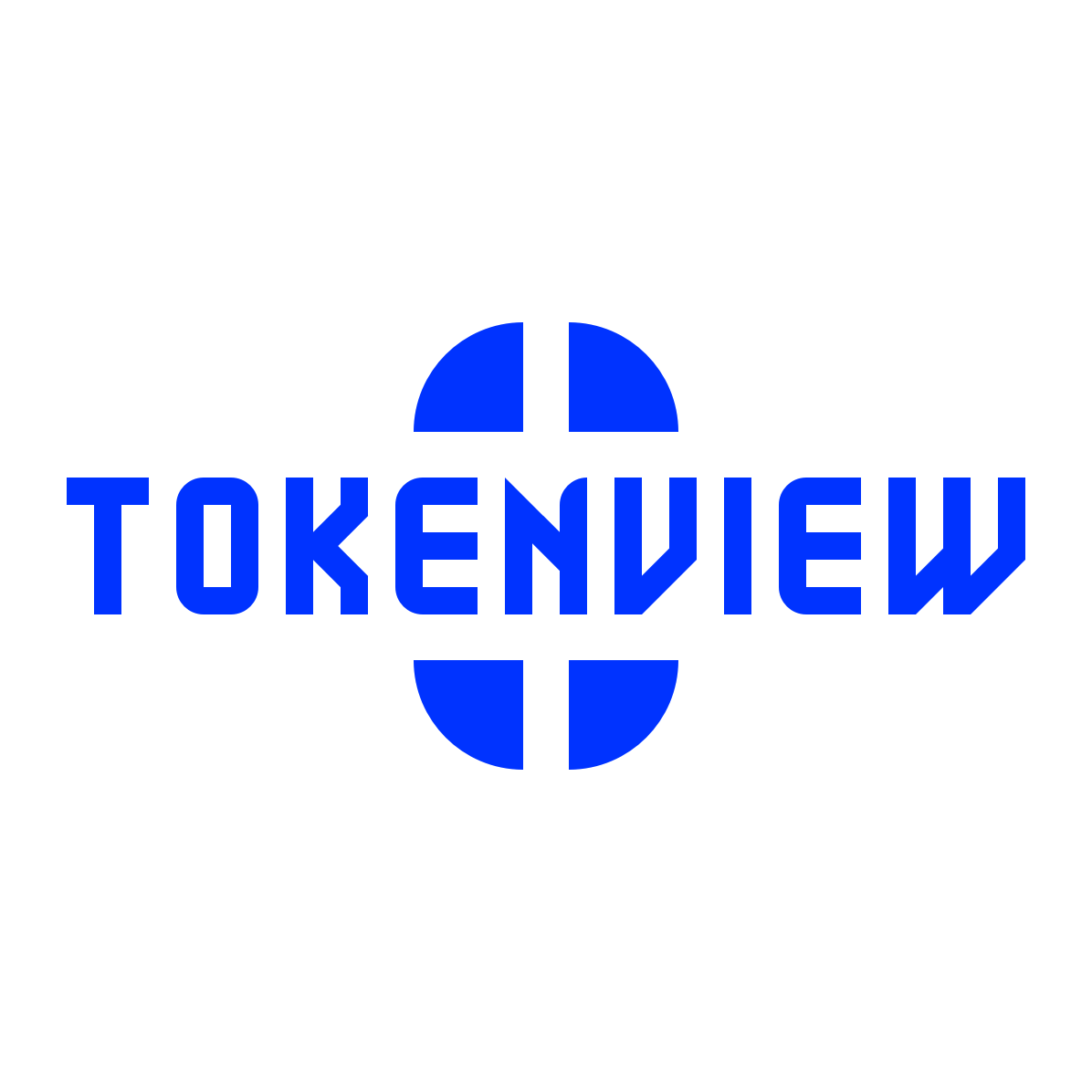Data authentication
Data authentication is the verification that the data used or transmitted is authentic and has not been altered or tampered with. In API for blockchain, data authentication is achieved by using encryption algorithms that ensure the integrity and authenticity of the data.
Blockchain technology provides a secure and decentralized way to verify data. The decentralized nature of blockchain networks ensures that there are no single points of failure or vulnerabilities, making it difficult for hackers to compromise the integrity of data.
In data management, API for blockchain can verify data by creating a tamper-proof digital ledger of all transactions or activities associated with the data. Every transaction or activity is verified and recorded on the blockchain, creating an immutable record that can be traced back to its source. This makes it easy to detect any unauthorized modifications or tampering with the data.
By using smart contracts, data authentication on the API for blockchain can be automated, enabling faster and more efficient data verification. Smart contracts can be programmed to trigger specific actions or events based on predefined rules, ensuring that data is automatically authenticated without human intervention.
API for blockchain technology provides a powerful and secure method for data authentication in data management. By leveraging the decentralized and tamper-proof nature of blockchain networks, data authentication can be automated, making it faster, more efficient, and more reliable.
Consensus algorithm
Consensus algorithms are a key component of blockchain technology, allowing multiple nodes in a network to agree on the state of a shared ledger without a central authority. In data management, consensus algorithms play an important role in ensuring the validity of the data added to the blockchain.
The most commonly used consensus algorithm in blockchain is proof of Work (PoW), which requires network participants to perform complex mathematical calculations to verify transactions and create new blocks. In data management, the algorithm can ensure that the data added to the blockchain has been verified by multiple nodes in the network, making it more trustworthy and reliable.
Another consensus algorithm used in API for blockchain is Proof of Stake (PoS), which allows participants to verify transactions and create new blocks based on their stake in the network. In data management, PoS ensures that the data added to the blockchain is verified by participants who have a vested interest in the network, making it more reliable.
Other consensus algorithms used in blockchain include entrusted Proof of Stake (DPoS), Byzantine fault tolerance (BFT), and Practical Byzantine fault tolerance (PBFT). Each algorithm has its advantages and disadvantages, and the choice of consensus algorithm depends on the specific needs of the data management application.
The consensus algorithm is an important application of API for blockchain in data management and management, as it ensures that the data added to the blockchain is verified by multiple participants in a secure and decentralized manner. By leveraging consensus algorithms, data management and management can become more efficient, reliable, and trustworthy.
Decentralized data storage
Decentralized data storage is an application of blockchain technology that allows data to be stored and accessed in a distributed and decentralized manner without the need for a central authority or intermediary. In data management, decentralized data storage can provide several advantages, including increased security, transparency, and accessibility.
In a decentralized data storage system, data is stored on a network of nodes in a blockchain network, rather than on a central server. Each node in the network stores a copy of the data, and all copies are synchronized to ensure consistency and reliability. This makes it difficult for hackers to compromise the integrity of the data because they need to access multiple nodes in the network.
Decentralized data storage also provides greater transparency because all nodes in the network have access to the same data. This makes it easier for data management applications to access and analyze data, as there are no barriers or restrictions to access.
Distributed data storage is generally easier to access than centralized storage because it does not rely on a single point of failure or vulnerability. This can be important in situations where fast and reliable access to data is required, such as in real-time data management applications.
Decentralized data storage is a promising application of API for blockchain technology in data management and management. By providing better security, transparency, and accessibility, decentralized data storage can help make data management applications more efficient, reliable, and trustworthy.
Make the Best Use of Blockchain Technology in Data Management



